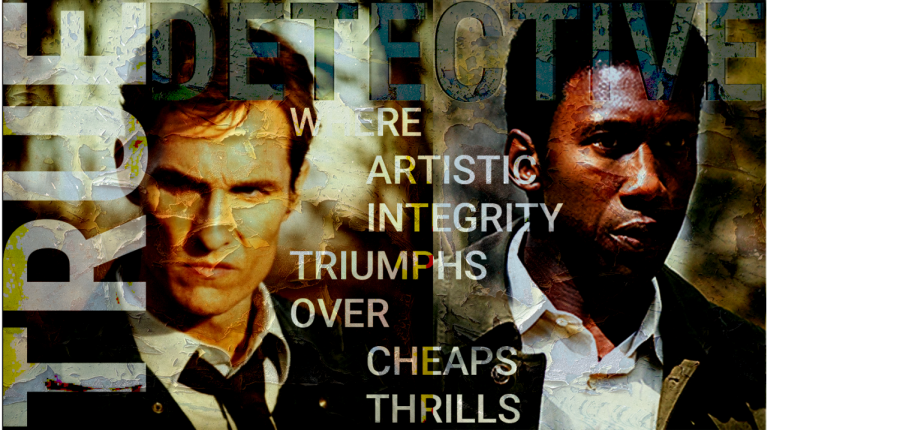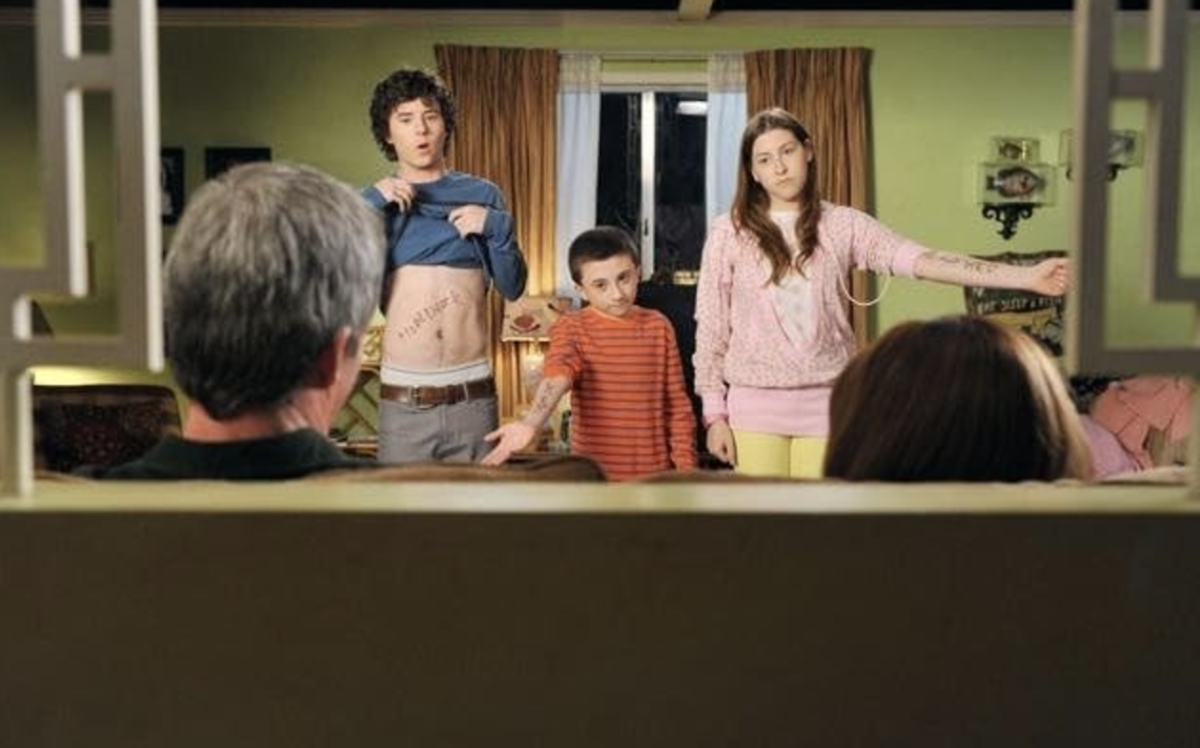Much to my surprise, a new season of HBO’s crime anthology series, “True Detective,” has returned for its third season after a long and arduous road of missteps and controversies that made long-time fans like myself skeptical of it ever making a comeback.
Written by series creator Nic Pizzolatto and starring Oscar-winner Mahershala Ali, a new season of one of my most beloved shows feels too good to be true, especially considering the extreme highs and dour lows the show has faced since its conception in 2014. Having watched the first three episodes of the new season, I can already say it is not resting on the laurels of its revered first season and has certainly improved upon the problems of its not-so lauded second season.
My anticipation for what’s to come in season three of “True Detective” isn’t incited by vague promises from corporate heads that some obscure characters from a comic book nobody ever cared about will make their appearance on the silver screen, nor is it from a riveting trailer where a dragon incinerates 1,000 ice zombies to the beat of an 80s pop song. Rather, in an entertainment media where spectacle trumps substance, “True Detective” has consistently delivered passion-fueled projects where artistic integrity triumphs over cheap thrills.
Season one of “True Detective” is my favorite story ever told on a television or movie screen. Starring Matthew McConaughey and Woody Harrelson as two detectives who (you guessed it) don’t quite get along, the series was met with almost unanimous praise from critics and viewers alike with its complex, morally grey characters and its chilling atmosphere and direction. Despite its generic premise of two run-down detectives trying to catch a serial killer in a small town (here being the isolated towns of Louisiana), the show carves its own niche in the over-saturated market of crime thrillers through its nonlinear story-telling, specifically in the seamless time jumps between the decades of our main characters’ lives. Seeing McConaughey’s Rust Cohle and Harrelson’s Marty Hart age and evolve over time is fascinating, and the fact that these characters are so well-realized and empathetic makes the show almost impossible to stop watching until it reaches its conclusion.
Pizzolatto’s unique voice emanates in the words of Cohle, whose prophetic rants about religion, existentialism and nihilism are as captivating as they are horrific. Marty Hart does not have the legendary television character status of Cohle, but Harrelson’s performance of a masculinity-obsessed, mid-life crisis suffering detective is just as exceptional as the best acting ever put to film. McConaughey and Harrelson’s attachment to this project was the catalyst that encouraged other Hollywood stars to transition to television, such as Kirsten Dunst to “Fargo,” Christian Slater to “Mr. Robot” and Anthony Hopkins to “Westworld.”
I remember eagerly awaiting a new “True Detective” episode each week and having fond memories of spending my time between episodes researching theories on who the killer(s) might be. Although Lovecraftian literary references have certainly been used in television and movies before, season one of “True Detective” threw fans for a loop with the mentioning of The King in Yellow and Carcosa, adding another layer (perhaps a supernatural one) to the already weird and ritualistic murders being investigated. Above all, the season wrapped up in a satisfying manor (an anomaly amongst most television finales today), making it worth the eight-hour investment. Compelling characters, an engaging plot with a legitimately unnerving mystery surrounding it, and superb directing from Cary Fukunaga were the ingredients that made the most perfect eight hours of film ever put to a screen, so when season two launched the following year, it had an insurmountable obstacle of expectations to overcome.
Undeniably, season two of “True Detective” is disappointing when compared to the first, mostly because people did not know what to expect from season one and people demanded way too much from season two. The writing was still great, if a bit awkward at times, and Colin Farrell arguably gives the best performance of the entire series as cocaine-snorting, deadbeat dad Ray Velcoro. But the sophomore season of “True Detective” distanced itself from the formula of season one, ditching its predecessor’s nonlinear story telling for a more traditional story. The show also lost its director Cary Fukunaga, who had an arduous relationship with Pizzolatto and was replaced with several less-qualified directors. Instead of season two feeling like an eight-hour movie like its predecessor, the result of using multiple directors with differentiating visions resulted in a pace that felt disturbed and indistinct.
The magic of Pizzolatto’s writing seemed to have run thin too, causing many of the depressing moments of the second season to feel so forced and gratuitous that it accidentally became a hyperbolic parody of the first. However, I will say that many viewers condemned the season after the first episode which, although not as nuanced as its predecessor, did not represent the entirety of the story. There are plenty of good, even great, elements to “True Detective’s” second season, so if you turned it off after the first episode or were repulsed by it from its critical reception, I would highly recommend giving it a try and sticking with it until the end.
Even though “True Detective” is well into its third season, I still have a difficult time accepting that a new installment in my favorite series was even considered by HBO, let alone given the green light to be filmed and produced. Season three has resurrected the nonlinear story-telling that made the first season famous, but I do not view it as a crutch to propel it into a better state amongst fans and critics. Ali is a phenomenal actor who is fully worthy of taking up the mantle previously worn by McConaughey, Harrelson, and Farrell. His character, Detective Wayne Hays, is in no-way a rehash of old Pizzolatto characters and the set-up his character has been given thus far makes me curious as to where his arc will end up. Although it has not been given enough time to fully develop yet, I find the case Hays is investigating to be as gripping as it is chilling. The directing and atmosphere are also distinct from anything the show has done before, implementing a lurid color-palette that can be both eerily beautiful and fantastically haunting.
What does concern me is the non-linear story telling which, like the first season, unfolds over three different periods of the main character’s life. Unlike the first season, season three has decided to jump between all three time periods liberally, and I am worried the show will become overly convoluted just for the sake of it.
Pizzolatto chose to return for another season, which means he has a story to tell. I cannot promise “True Detective” season three in its final form will be as captivating as the first, because it probably won’t be, nor can I guarantee it will be better than season two, although I am optimistic that it will. I can, however, say that season three of “True Detective” is and will be different from all other television shows you can find today. The team behind “True Detective” has matured. It has relished in its initial success and picked itself up after a monumental defeat, and I can’t be any more ecstatic for a new journey with one of the best television series of all time.
Matt Martella can be reached at [email protected].



















